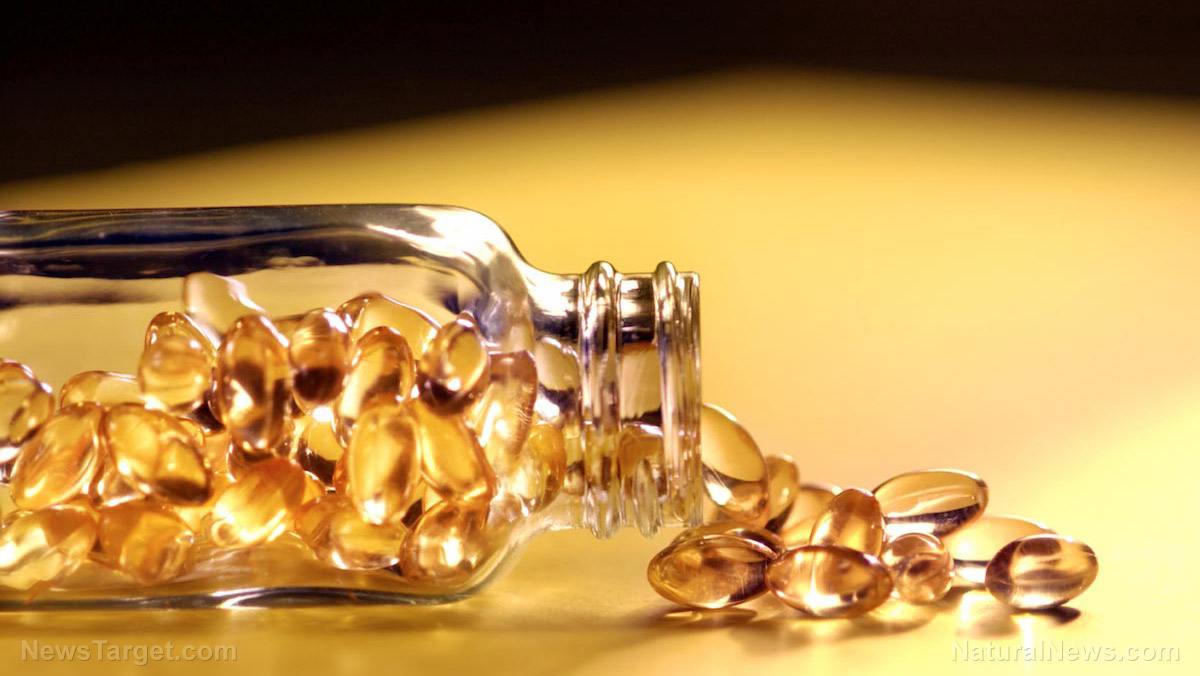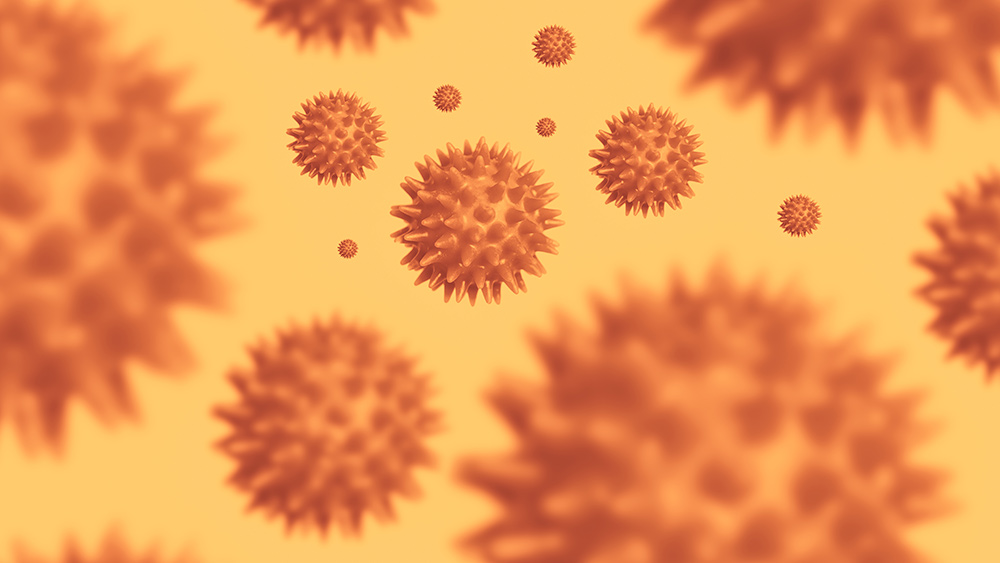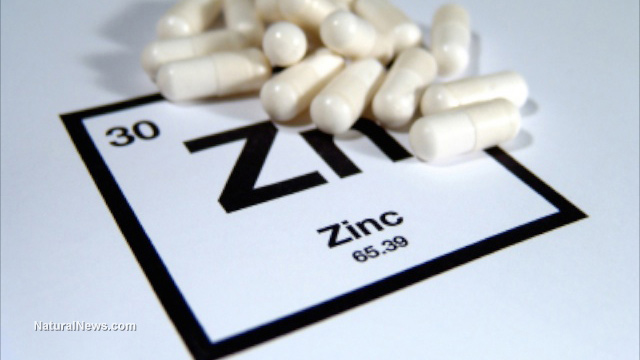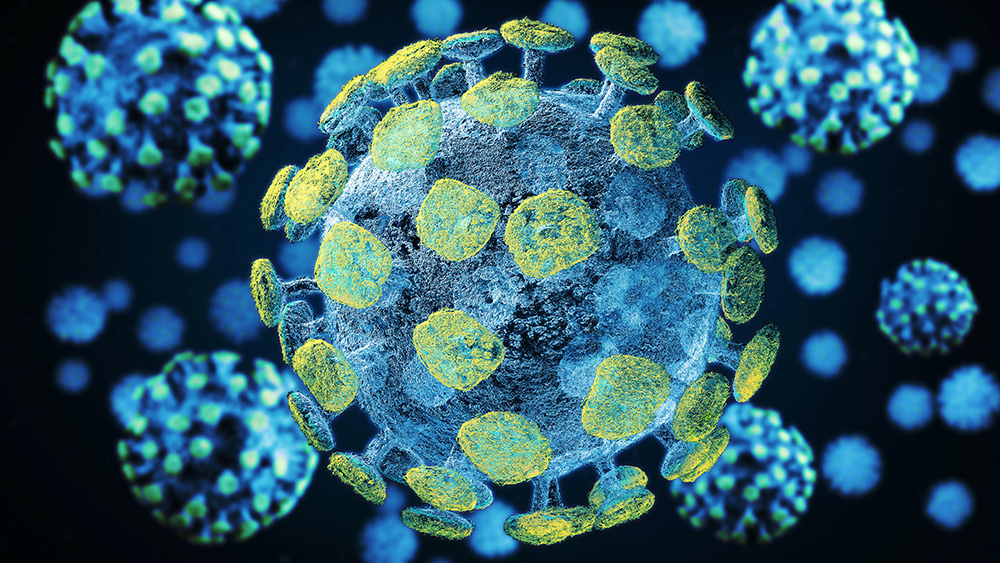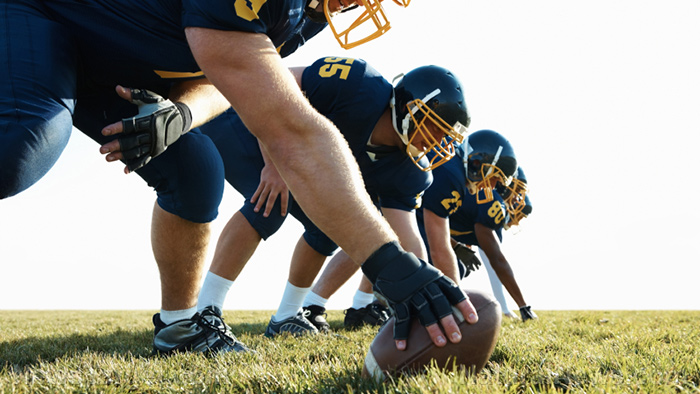Coronavirus antibodies plummet by half in under 3 months after peaking – study
11/11/2020 / By Virgilio Marin
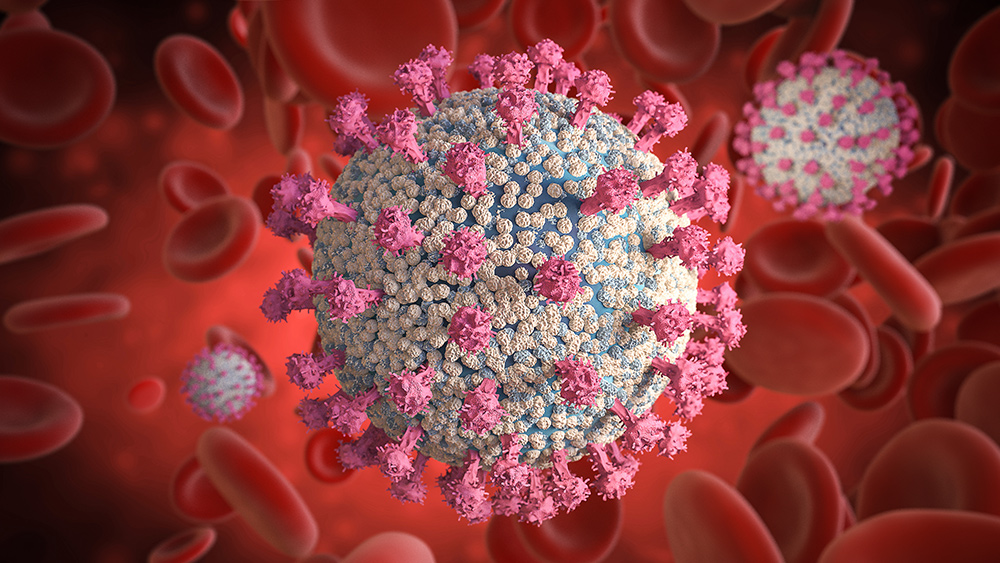
A U.K. study raises fresh concerns that immunity to the Wuhan coronavirus (COVID-19) is short-lived and that people may be reinfected after recovering the first time.
Researchers from the University of Oxford and Oxford University Hospitals NHS Foundation Trust (OUH) found that the number of antibodies specific to SARS-CoV-2, the coronavirus responsible for COVID-19, drop by half less than three months after the peak reading and fall below detectable levels more than a month later. The antibodies, according to the researchers, peak 24 days after infection.
Antibodies drop more quickly in younger adults and asymptomatic patients
The researchers analyzed six months’ worth of data from an ongoing study of more than 3,200 healthcare workers at OUH who had been infected with SARS-CoV-2. Based on this data, the researchers also found that the antibodies tend to last longer in those who displayed symptoms of the disease and fade more quickly in asymptomatic patients and younger adults.
In addition, the antibody levels of younger adults peaked lower while older adults, Asians and symptomatic patients appeared to have higher maximum antibody levels.
“The longer-lived antibodies in older people of working age are intriguing and not completely explained,” said co-author David Eyre of Oxford’s Nuffield Department of Population Health. (Related: Doctor warns that COVID-19 vaccine could alter your DNA.)
The study may have important implications for current studies that rely on antibodies to record the number of infected people in a population. The findings, according to Eyre, suggest that these studies might have missed some people who had the virus, particularly younger adults and those infected early in the pandemic and who had mild or no symptoms at all.
The study, which has yet to undergo peer review, has been hosted online at preprint server medRxiv.
Studies cast doubt on COVID-19 immunity
According to Eyre, studies like the one at hand are needed to answer how long antibodies last and to what extent can they protect people from reinfection. Previous studies showed that while the antibodies soar days or weeks after contracting the virus, their numbers nevertheless plummet over time.
A separate study from Guy’s and St. Thomas’ National Health Service Foundation Trust in London found that only 16 percent of the people who caught the virus had a potent antibody response two and a half months later. The researchers observed that those who recovered from severe infection had a stronger and longer-lasting antibody response.
The researchers noted that antibodies specific to other coronaviruses wane over time but remain detectable for a longer period of time. In SARS-CoV, the virus behind the 2003 coronavirus outbreak, and MERS-CoV, which caused the 2012 coronavirus outbreak, antibodies were found in some people 12 to 34 months after infection.
Meanwhile, in a study of more than 60,000 people, Spanish researchers found that antibodies can fall below detectable levels just weeks after people tested positive for SARS-CoV-2. The researchers cast doubt on whether herd immunity, a form of indirect protection that occurs when the majority of a population is immune to a disease, is possible for areas that record high cases of COVID-19.
“Immunity can be incomplete, it can be transitory, it can last for just a short time and then disappear,” said Raquel Yotti of Spain’s Health Institute Carlos III (ISCIII), who contributed to the Spanish study.
Marina Pollan, Yotti’s co-author and the director of the National Centre of Epidemiology at ISCIII, added that while some experts think herd immunity can be achieved with just 60 percent of the population having antibodies, “we are very far from achieving that number.” (Related: US reports first case of COVID-19 reinfection.)
However, researchers from Public Health England (PHE) and the U.K Coronavirus Immunology Consortium (UK-CIC) said that while some patients lose antibodies shortly after recovery, they nevertheless maintain detectable T cell levels for at least six months. T cells are a distinct type of immune cell that are as important as antibodies for fighting disease.
According to the researchers, all participants who tested positive for the virus had detectable T cells even though the number of antibodies in some of them dropped below detectable levels.
But though the team is optimistic about the findings, it’s still unclear whether T cells can provide enough protection against reinfection. In a press briefing held Nov. 2, co-authors Paul Moss of UK-CIC and Shamez Ladhani of PHE said that knowing whether immunity comes from T cells, antibodies or a combination of both is the “killer question.”
Infections.news has more studies about SARS-CoV-2.
Sources include:
Submit a correction >>
Tagged Under:
antibodies, coronavirus, covid-19, COVID-19 immunity, herd immunity, immune system, infections, outbreak, pandemic, reinfection, T-cells
This article may contain statements that reflect the opinion of the author
RECENT NEWS & ARTICLES
COPYRIGHT © 2017 CoronavirusNutrients.com
All content posted on this site is protected under Free Speech. CoronavirusNutrients.com is not responsible for content written by contributing authors. The information on this site is provided for educational and entertainment purposes only. It is not intended as a substitute for professional advice of any kind. CoronavirusNutrients.com assumes no responsibility for the use or misuse of this material. All trademarks, registered trademarks and service marks mentioned on this site are the property of their respective owners.





